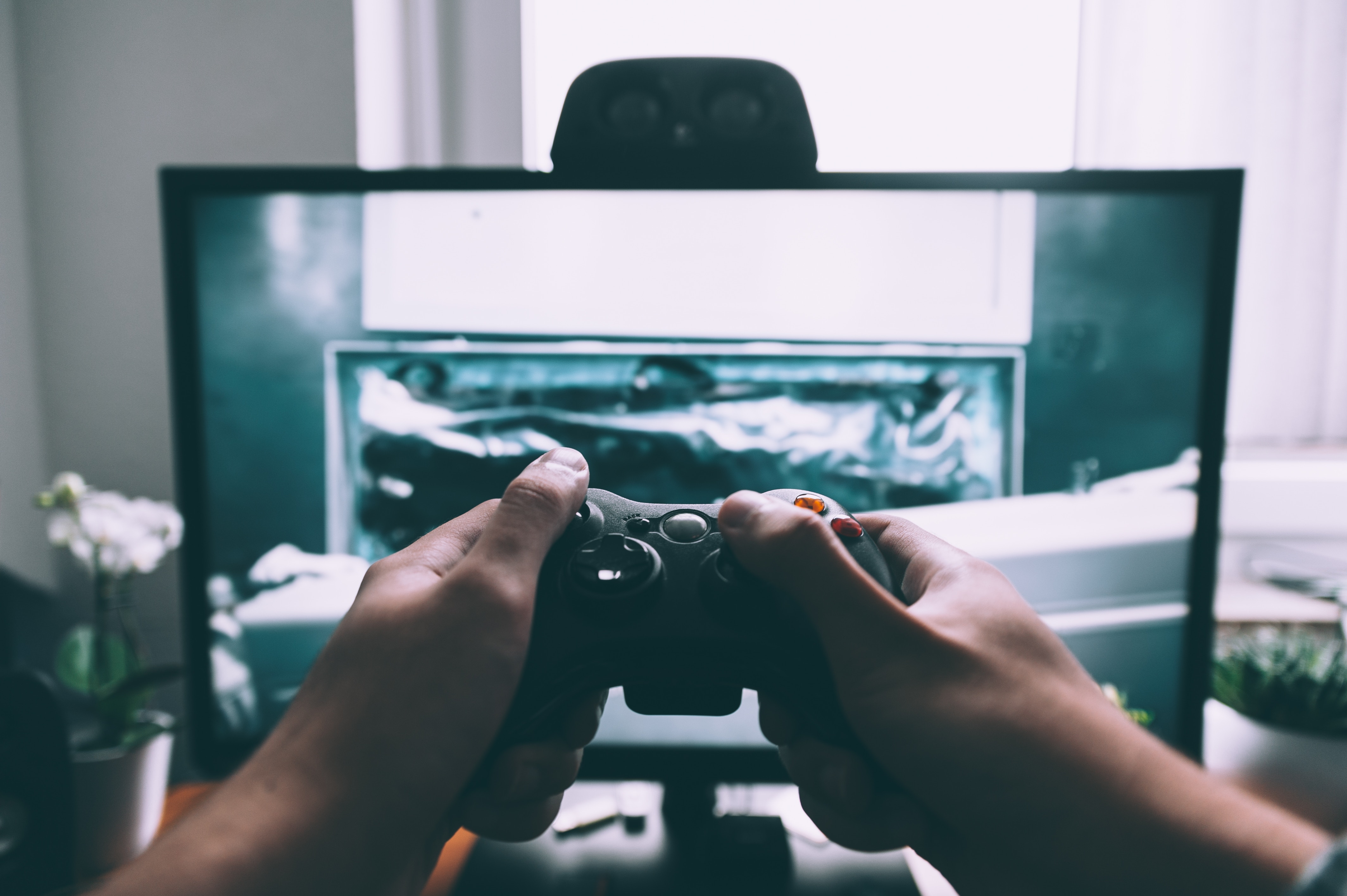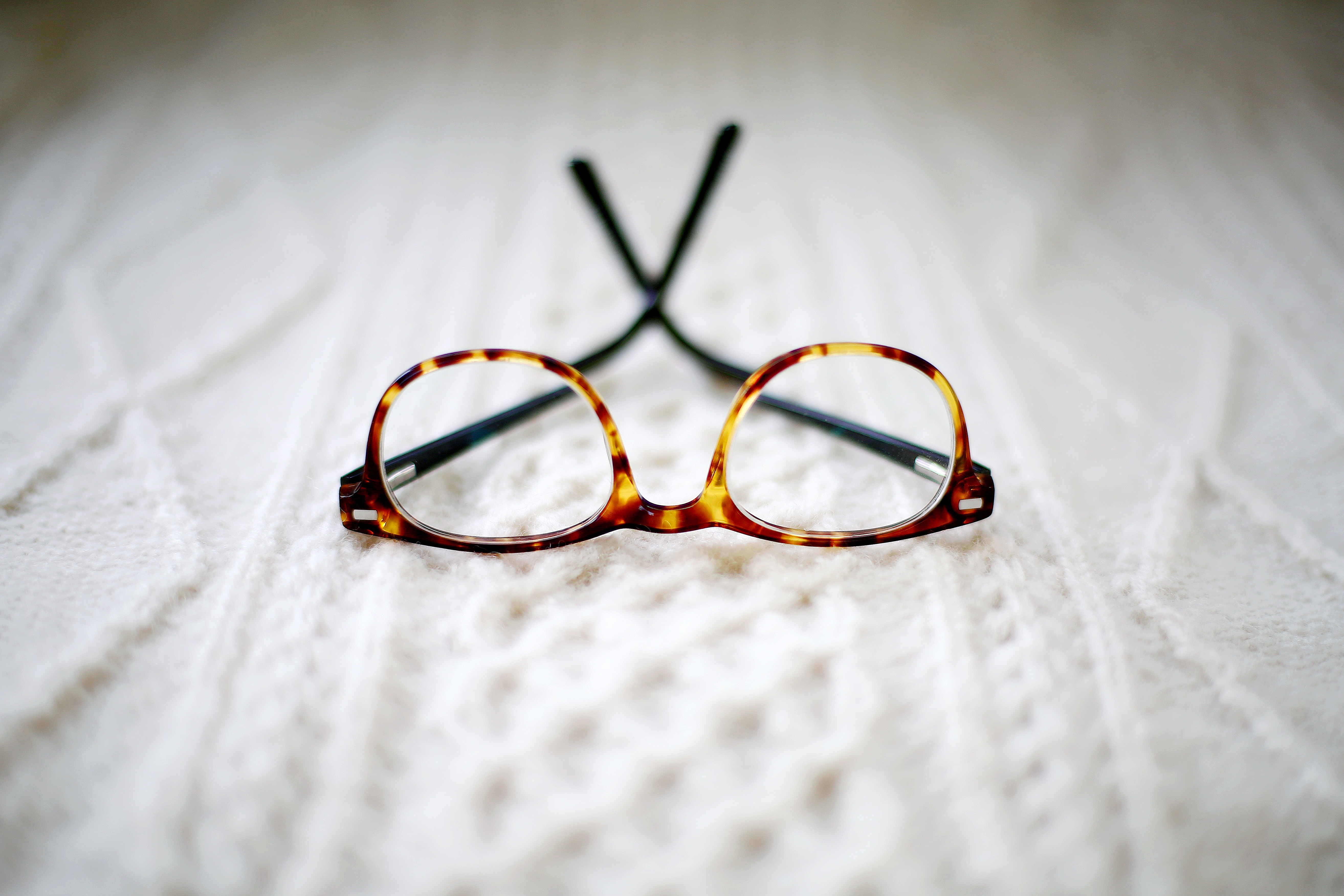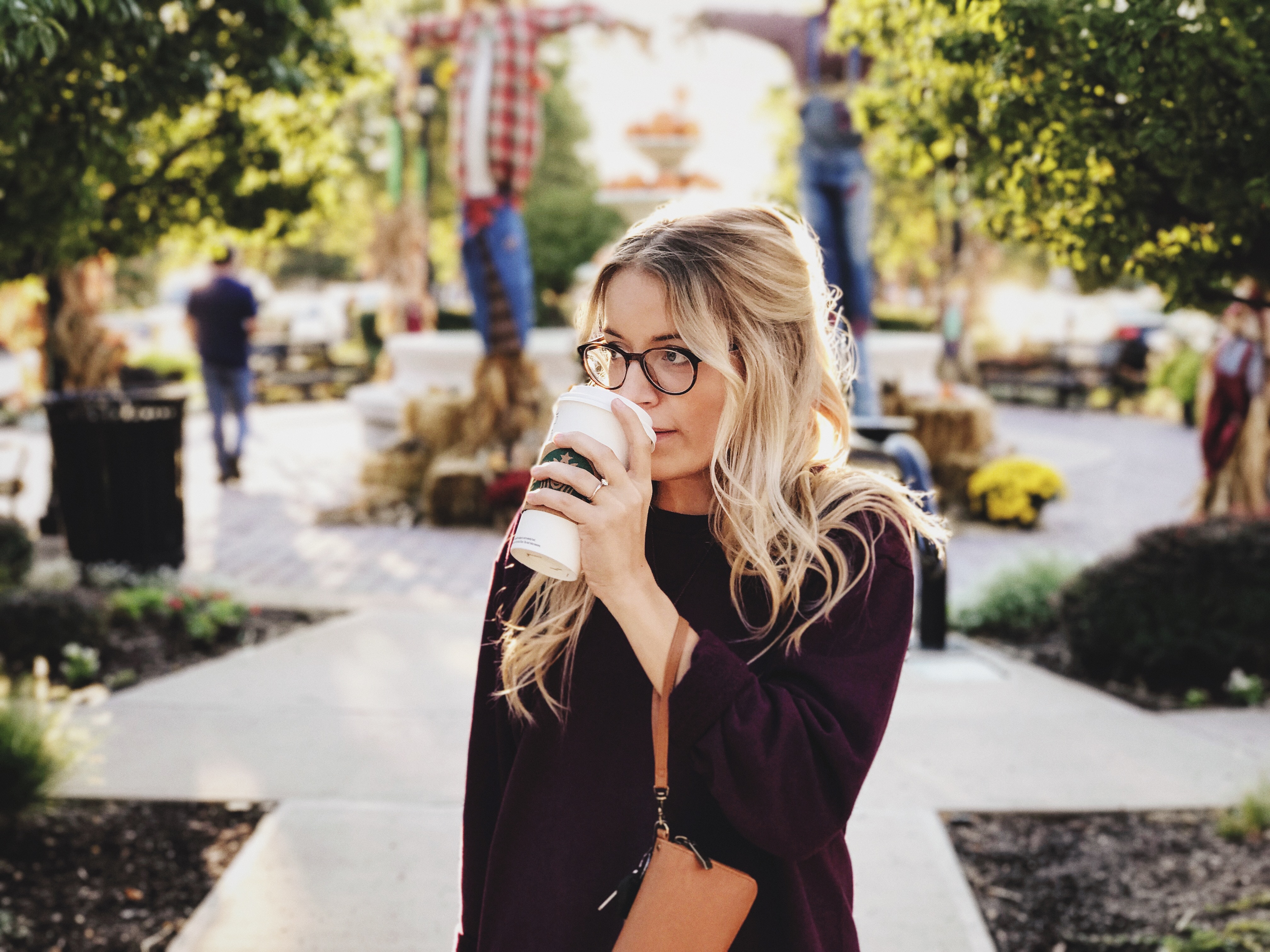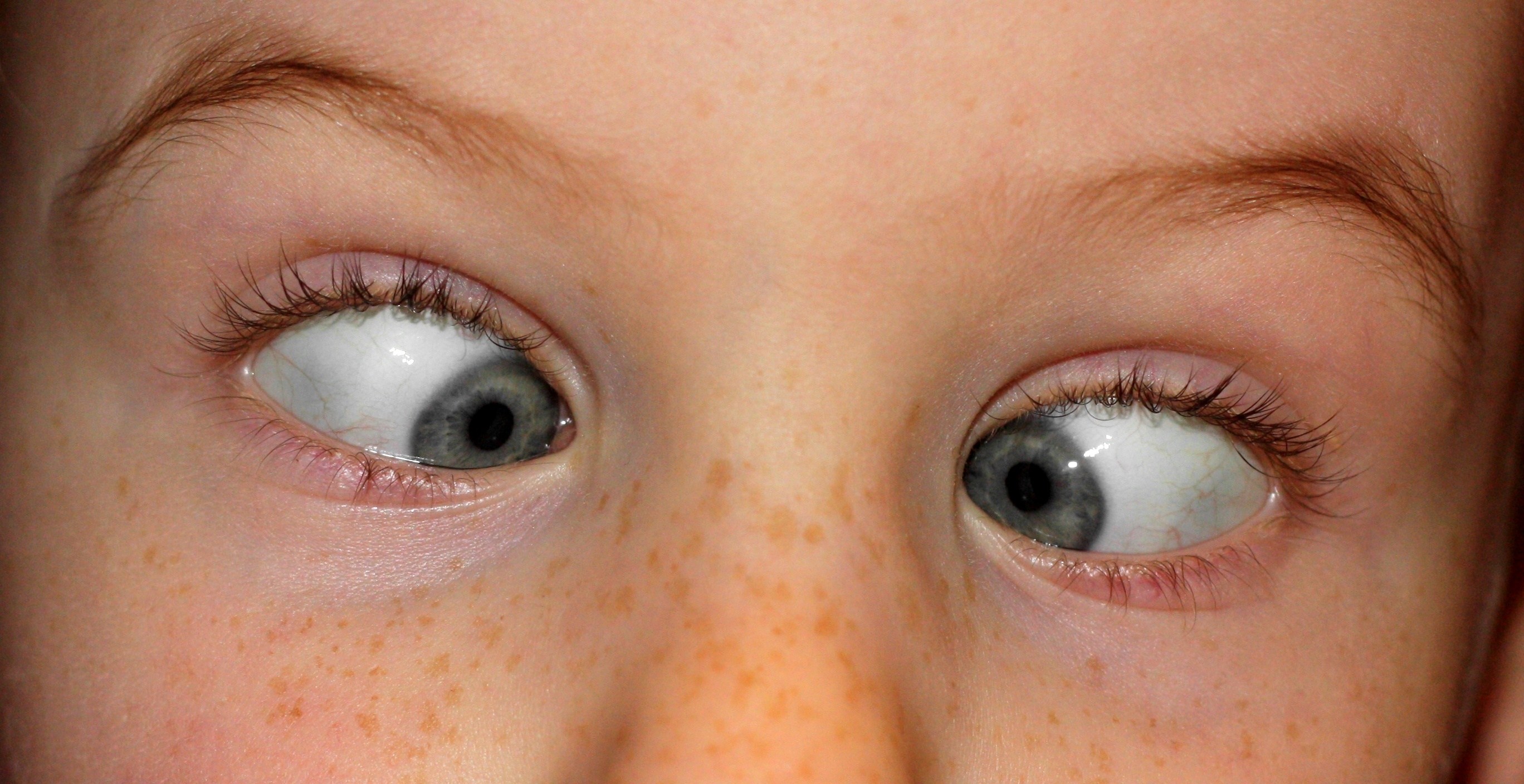
You’ve surely heard all those saying about your eyes -- from your mom telling you that your “eyes will get stuck like that!” to your dad making you sit further away from the TV screen because it’ll “ruin your eyesight.” Is there any truth to these nuggets of conventional “wisdom”? You might be surprised!
Let’s start with that argument all parents have with their kids at some point...
1. Sitting too close to the TV damages your eyes.
 Photo by Hypernia
Photo by Hypernia
False! “Contrary to the popular myth, sitting too close to a TV will not damage your eyes -- but it may cause eyestrain,” reports the American Academy of Ophthalmology (AAO).
Why do kids sit so close in the first place? “Children can focus at close distance without eyestrain better than adults," the AAO explains. "Therefore children often develop the habit of holding reading materials close to their eyes or sitting right in front of the television. There is no evidence that this damages the eyes either in children or adults. With children, this habit usually diminishes as they grow older.”
Of course, maybe mom was a little bit right, as eyestrain can cause headaches … but no permanent damage!
2. Carrots are good for your eyes.

Photo by Jonathan Pielmayer on Unsplash
Just ask Bugs Bunny: This is one “myth” that’s actually … true!
Your body uses beta-carotene, found in carrots, to make vitamin A, and “vitamin A is really important, there’s no question about that,” says Emily Chew, deputy clinical director at the National Eye Institute, in a Scientific American article. Why? “Vitamin A helps the eye convert light into a signal that can be transmitted to the brain, allowing people to see under conditions of low light,” explains the magazine, adding that your cornea (the clear front of the eye) “can literally disappear if the body does not get enough vitamin A.” YIKES! (Every year an estimated 250,000 to 500,000 children become blind as a result of vitamin A deficiency.)
However, keep in mind that carrots aren’t the only source of beta-carotene. If you’re a fan of carrots (sorry, Bugs!) know that the richest sources of beta-carotene are yellow, orange, and greenleafy fruits and vegetables, such as -- yes -- carrots, but also spinach, lettuce, tomatoes, sweet potatoes, broccoli, cantaloupe, and winter squash). “In general, the more intense the color of the fruit or vegetable, the more beta-carotene it has,” reports the University of Maryland Medical Center.
3. Everyone needs reading glasses, eventually.

Photo by Keilidh Ewan on Unsplash
This one is not 100% true, but it’s … well, pretty true.
According to the Vision Council of America, approximately 75% of adults use some sort of vision correction. (About 64% of them wear eyeglasses, and about 11% wear contact lenses, either exclusively, or with glasses. Also interesting to note: Over half of all women and about 42% of men wear glasses.) And as we get older, our eyes change. “As we age, the lenses of our eyes become thick and stiff, making it harder to focus and see up close,” explains ABC News. This affects nearly 100 percent of people over age 45, according to the National Library of Medicine.
Luckily, there are lots of cute reading glass options -- and at least you’re in good company!
For more information about taking care of your eyes and your vision, check out this advice from our Chief Medical Officer, Dr. Shazia Ahmed: 
4. Starting at the sun can permanently damage your eyes.

Photo by Rose Erkul on Unsplash
It’s so tempting sometimes, especially during a sunset. But this is no myth -- it’s fact! According to the AAO, looking directly at the sun at any time -- including during an eclipse! -- can lead to solar retinopathy, which is permanent damage to the eye's retina from solar radiation.
Interesting to note: According to the University of California at Santa Barbara’s Science Line, damage can occur fairly quickly! “Permanent damage to the retina has been shown to occur in about 100 seconds, but the exact time before damage occurs will vary with the intensity of the sun on a particular day (clouds and haze can weaken the sun's rays) and with how much the viewer's pupil is dilated (decongestants and other drugs will dilate pupils).” When it comes to staring directly at the sun, Science Line points out that sunglasses and camera filters do not prevent short-term damage, and in fact may make it more likely by dilating your pupil and/or allowing you to stare at the sun longer without pain.
However, AAO also add that too much exposure to UV light in general raises the risks of eye diseases, including cataract, growths on the eye, and cancer. And, strong exposure to snow reflection can also quickly cause painful damage called snow blindness. That’s why they strongly recommend that people of all ages wear hats and sunglasses when outdoors!
5. Reading in low light weakens your eyesight.

Photo by Pavan Trikutam on Unsplash
Debatable? Most sources will confirm that is is a myth. “According to most ophthalmologists, while reading in the dark might strain your eyes and give you a headache, the notion that it can cause lasting damage is wrong,” reports the New York Times. And the Mayo Clinic says, “Reading in dim light today won't harm our eyes any more than it did our ancestors' eyes or any more than taking a photograph in dim light will damage a camera.”
However, in a report for the BBC, a science writer concludes that the “evidence is blurry” as to whether or not poor eyesight is purely genetic. “Evidence suggesting that environmental factors -- such as reading in poor light -- may have a role can’t be ignored just yet, the article report concludes.
And Harvard Health notes, “Although dim lighting will not adversely affect your eyesight, it will tire your eyes out more quickly.”
Safe to say -- if it doesn’t feel good to your eyes, it’s probably better NOT to do it!
6. Using artificial sweeteners will make your eyes more sensitive to light.

Photo by Caleb George on Unsplash
Fact! According to Web M.D., “If you use artificial sweeteners, like cyclamates, your eyes may be more sensitive to light.” (They also note that there are other factors that will make your eyes more sensitive to light as well, including antibiotics, oral contraceptives, high blood pressure drugs, diuretics, and diabetic medications.)
“In addition to the tiny packets you can use for your coffee instead of sugar, artificial sweeteners are found in numerous diet products and low-calorie food items,” explains an All Saints Eye Centers report. “If you have started experiencing light sensitivity and you just recently added artificial sweeteners to your diet, cutting them out may be a good way to determine if they are the cause through the process of elimination.”
7. Crossing your eyes can make them permanently crossed.

Photo by Richard Paterson/Flickr
Okay, okay -- you knew this wasn't true, right?
“Our eye muscles are meant to allow us to move our eyes in many different directions,” reports the Mayo Clinic. “Looking left, right, up, or down, will not force the eyes to stay permanently crossed. Crossed eyes result from disease, from uncorrected refractive error, or from muscle or nerve damage, not from forcing the eyes into that position.”
So there, Mom!
8. Wearing contacts or glasses makes your eyesight even worse.

Photo by Arnaud Mesureur on Unsplash
Nope!
You’re surely heard this notion -- that wearing your contacts or glasses “too much” makes your eyes “weak” or “lazy” and causes your vision to get even worse. But it’s just not true!
“Eyeglasses correct blurry vision,” reports AAO. “You may want to wear your glasses more often so that you can see clearly, but your glasses aren't changing your eyes so that they become dependent on your eyeglasses. You're just getting used to seeing things more clearly. Similarly, wearing glasses with the wrong prescription won't ruin your eyes. You just won't see as clearly as you would with the proper prescription.”


